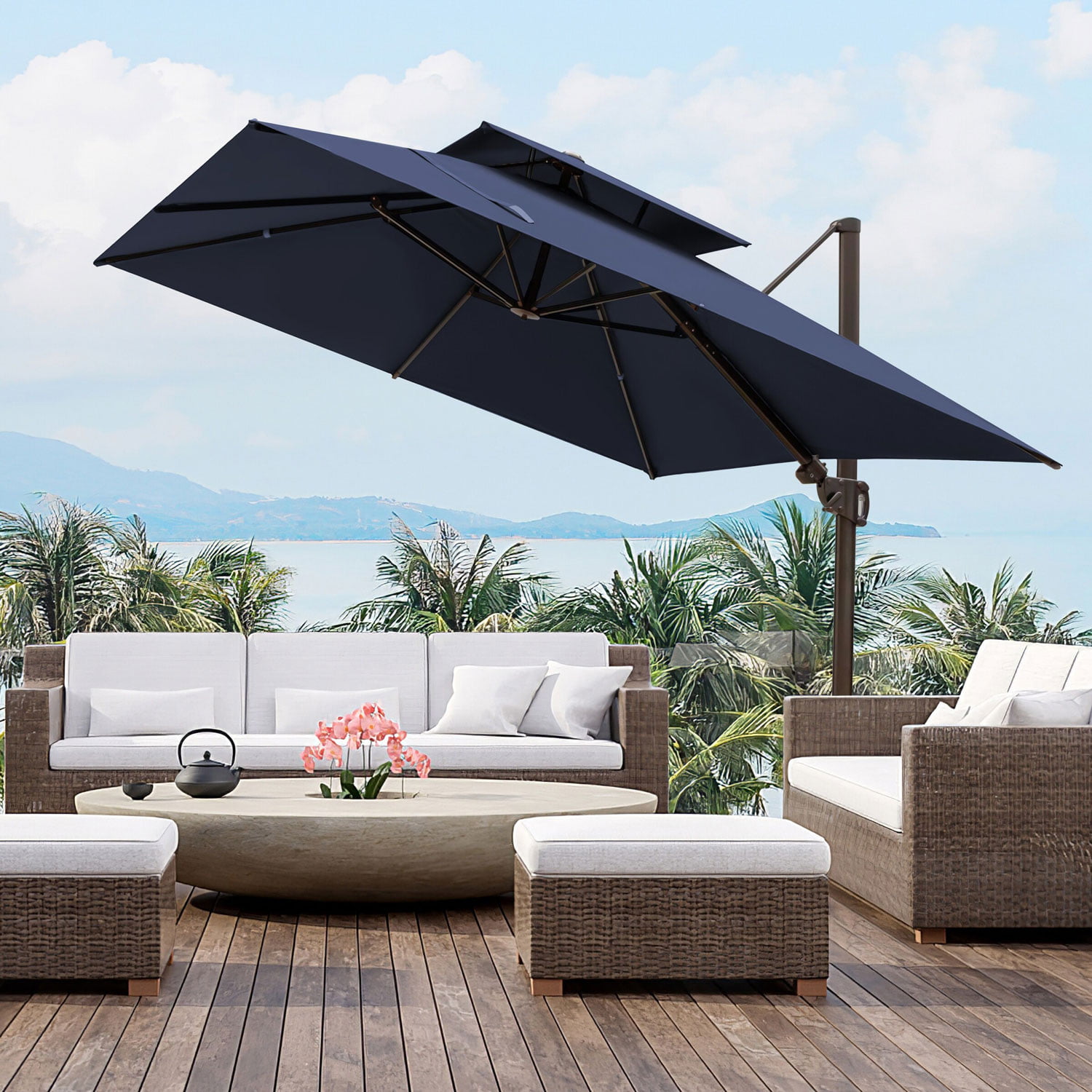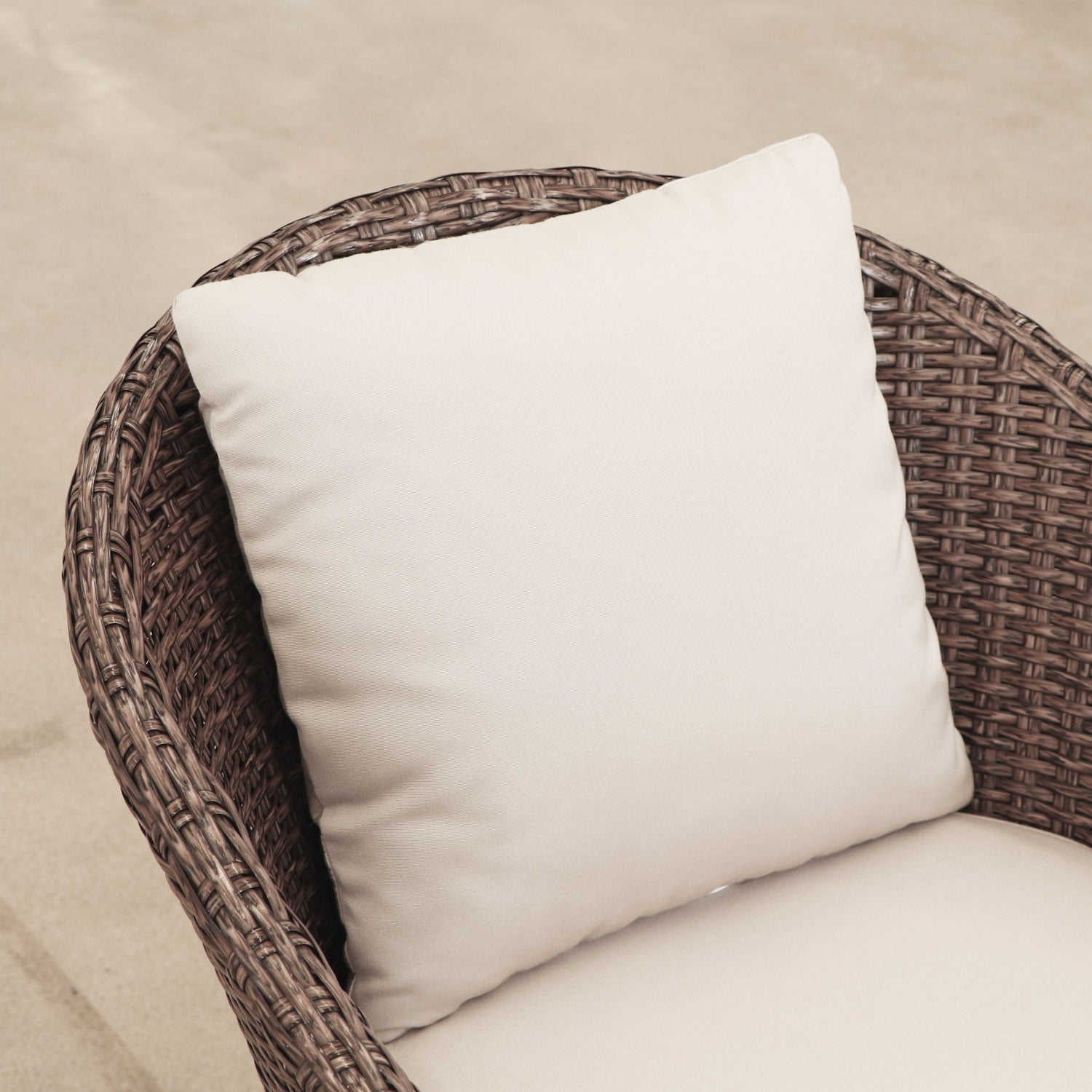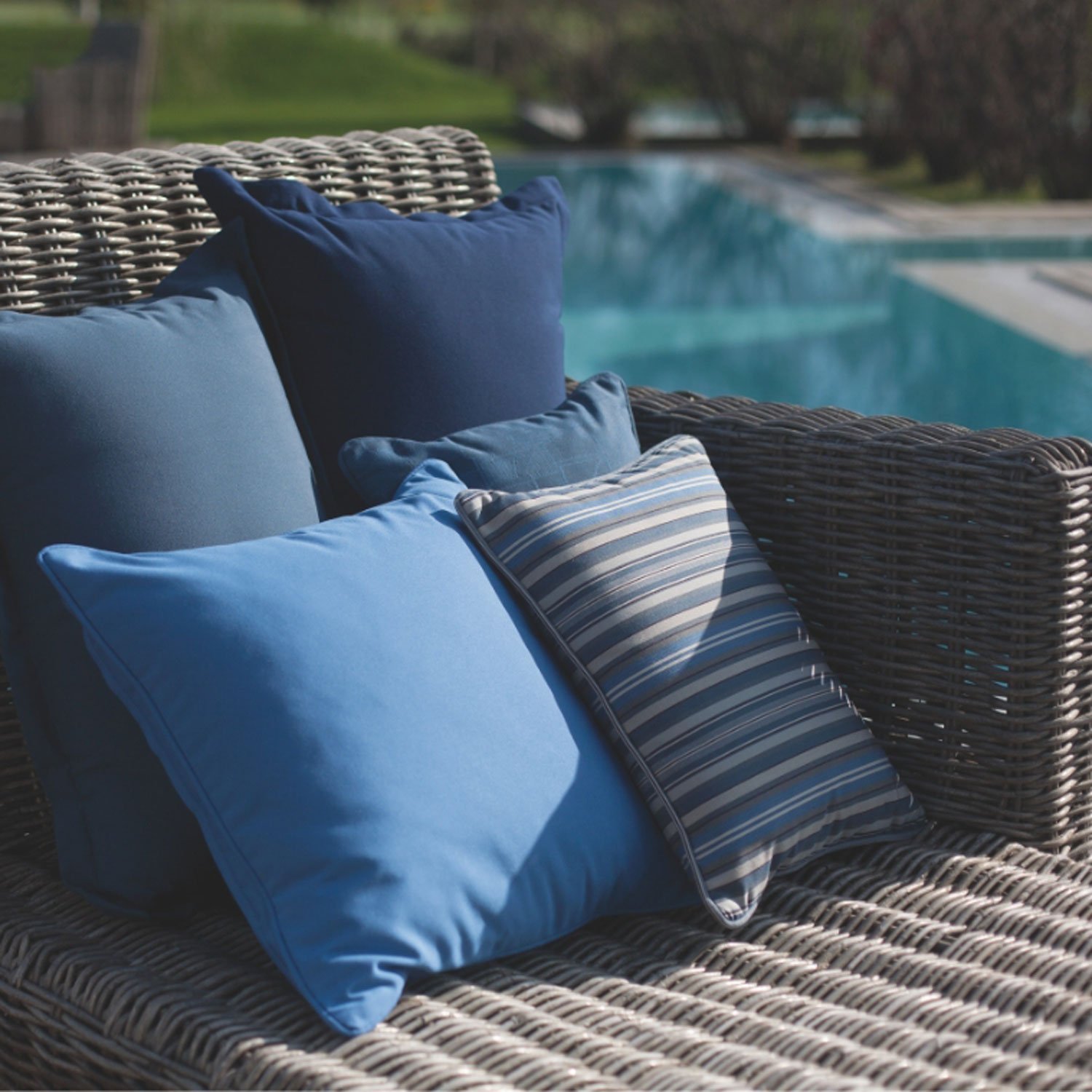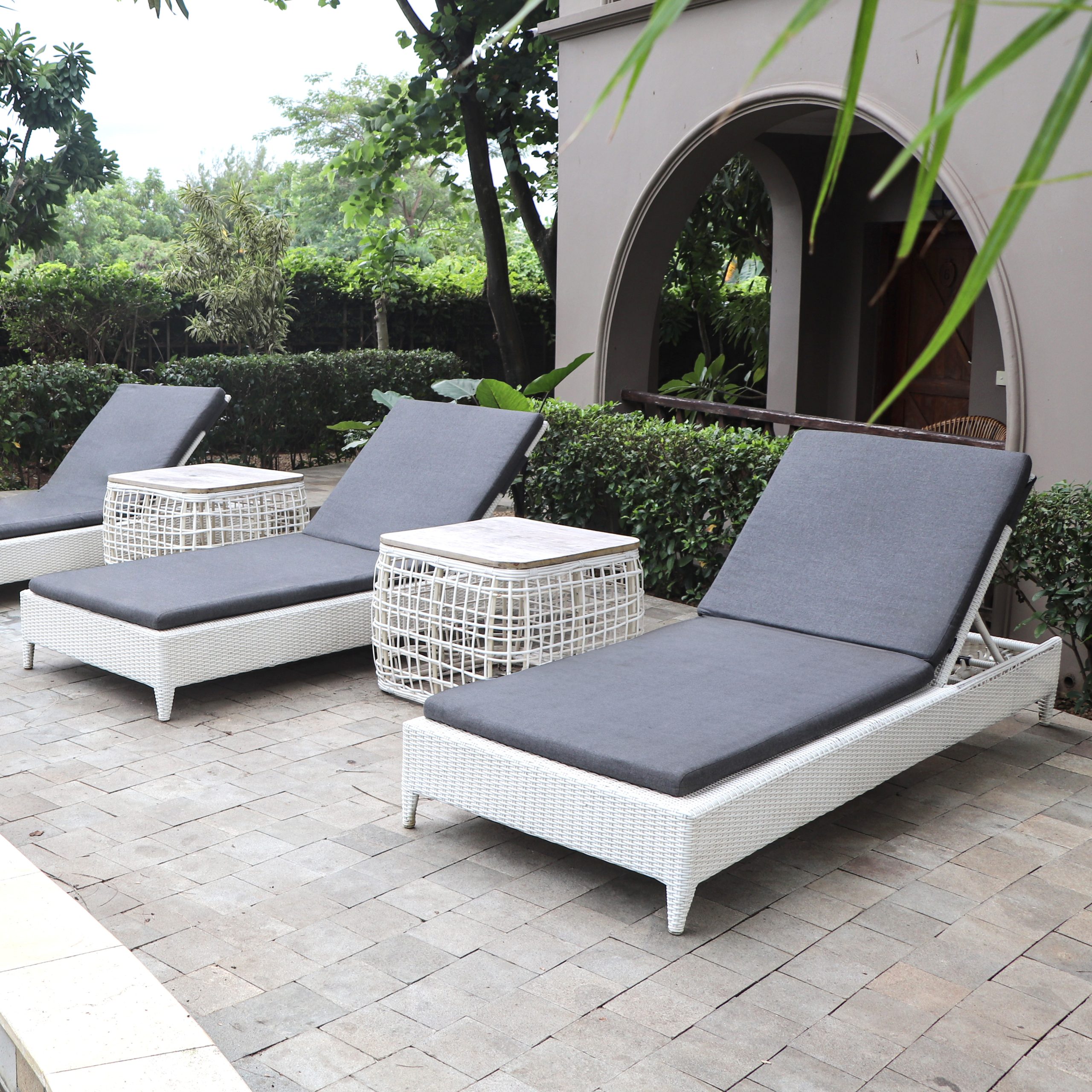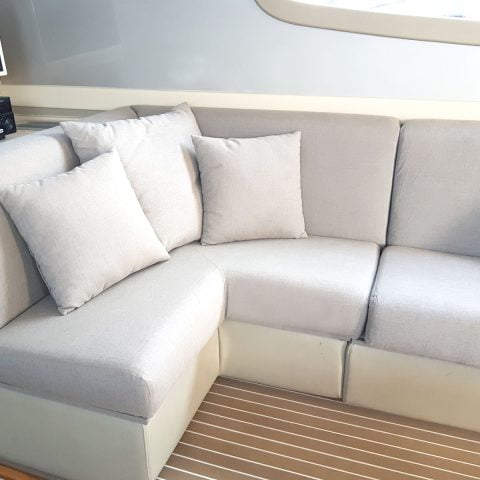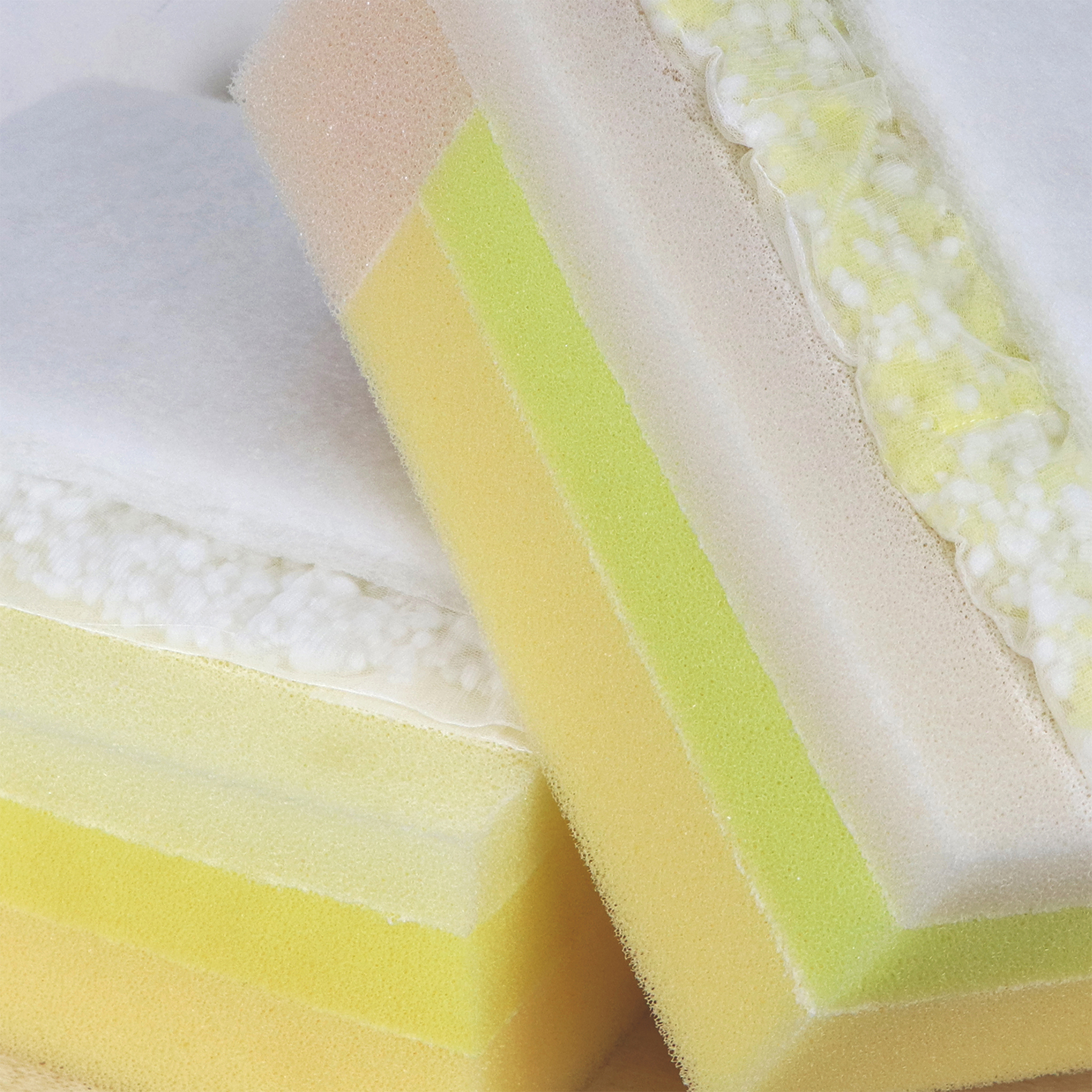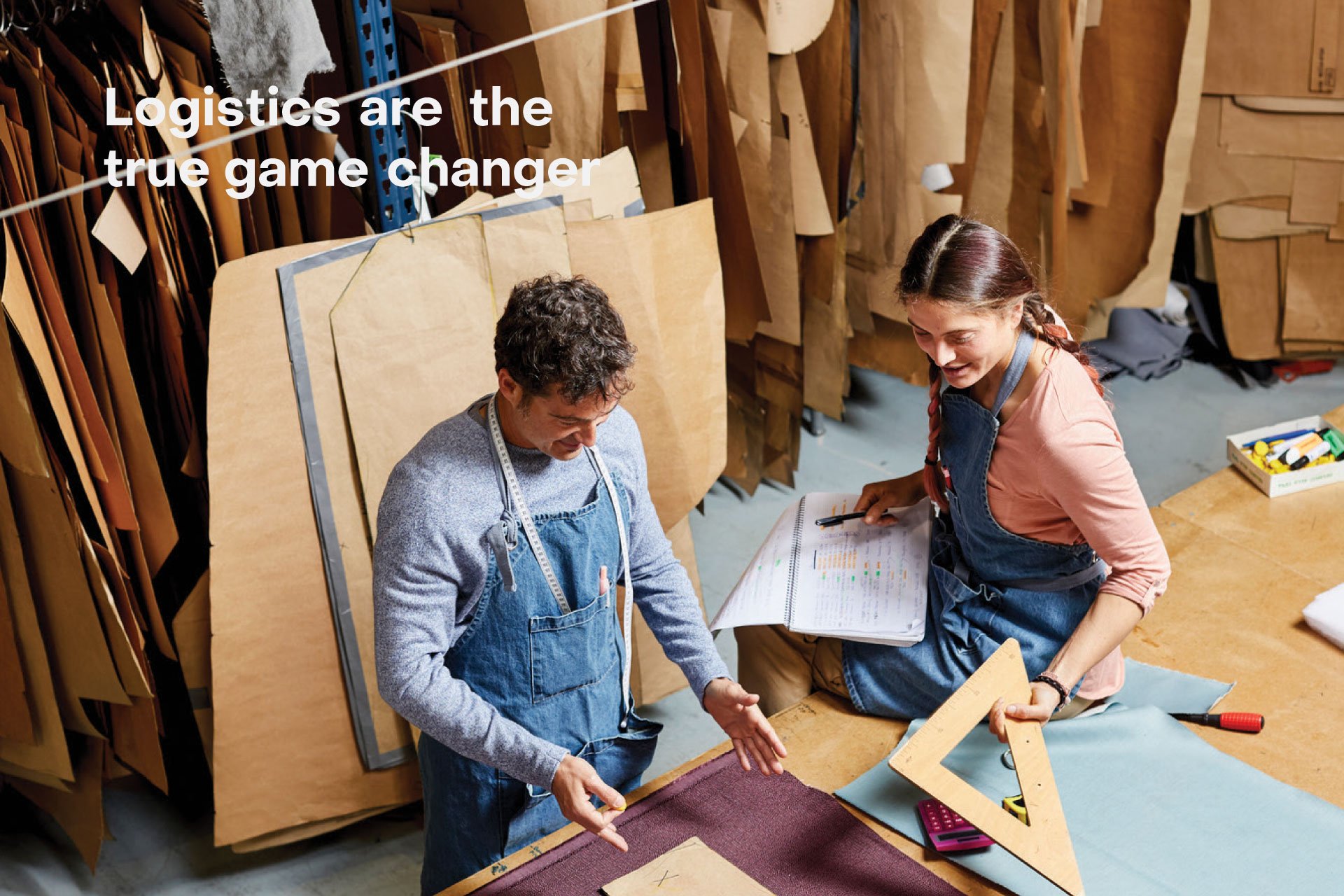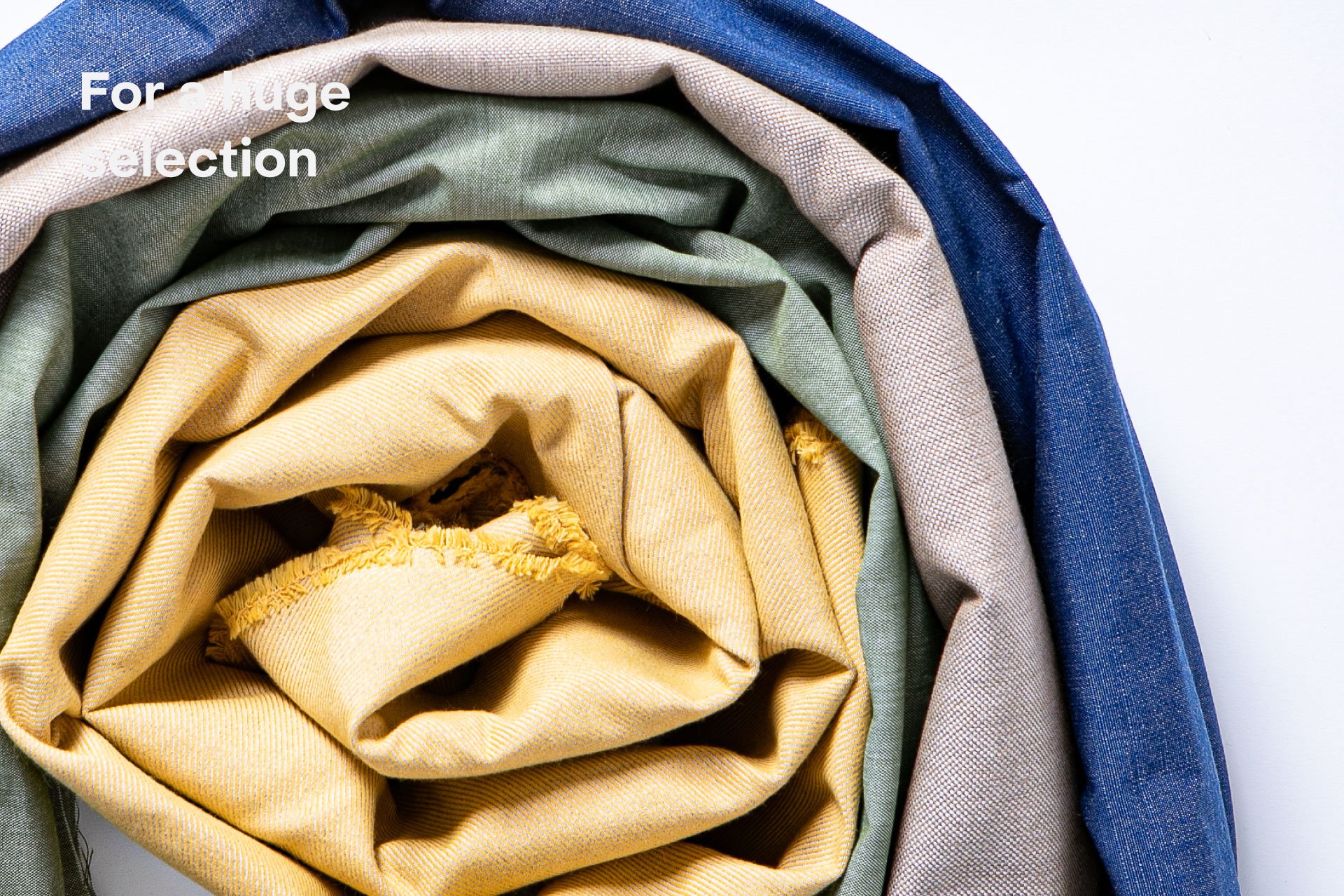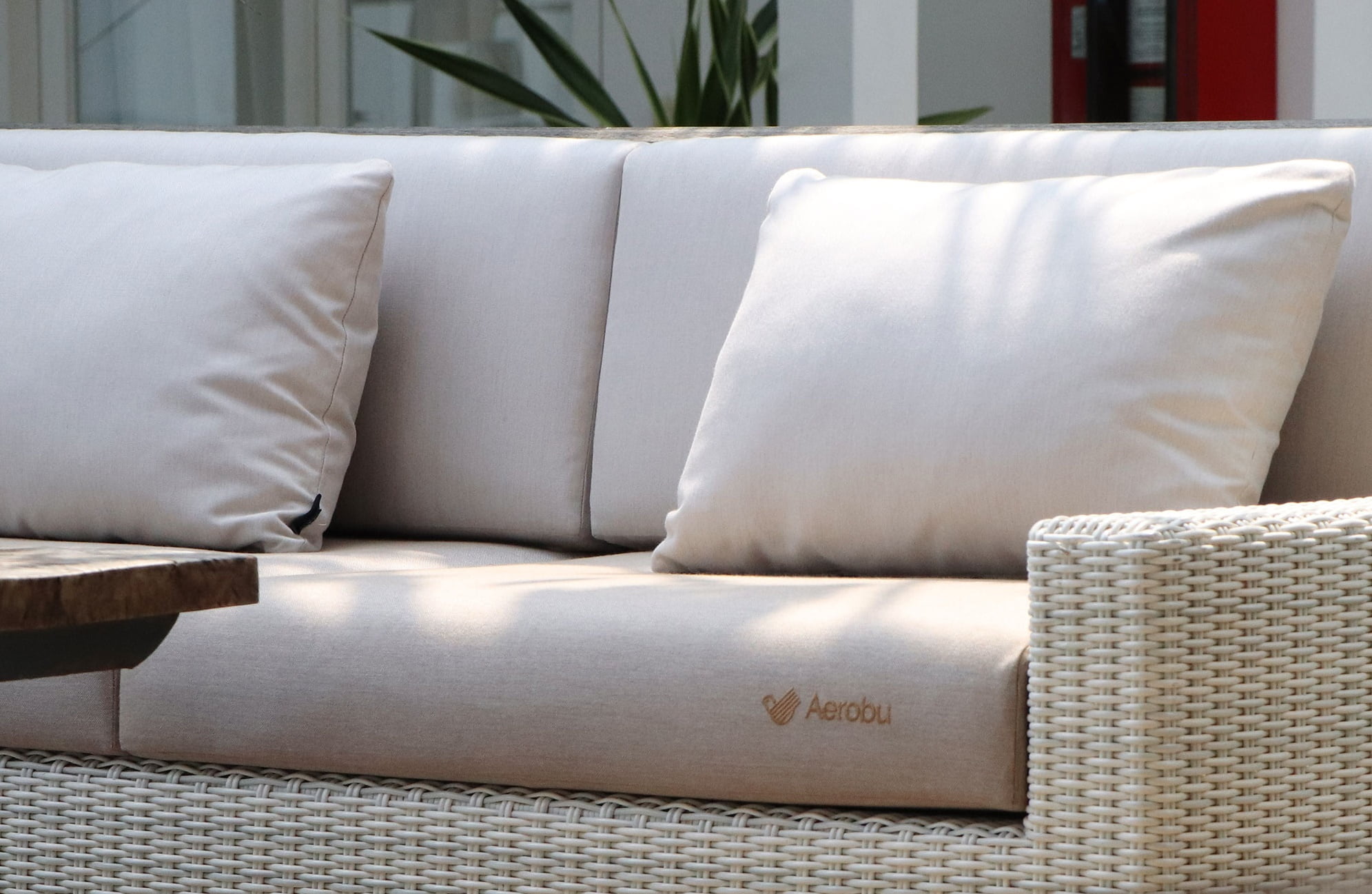Closed cell foam sheets are an incredibly versatile and valuable material across a wide range of industries.
When it comes to versatile, durable, and efficient materials, closed cell foam sheets are a standout choice. But what exactly are they, and why are they so important in various industries? Closed cell foam sheets are foam materials where the cells are completely enclosed and not connected to each other. This structure makes them ideal for applications that require high insulation, moisture resistance, and durability.
Polyethylene Foam
Polyethylene foam is one of the most common types of closed cell foam. It’s known for its excellent cushioning properties, making it perfect for packaging and shipping. Its lightweight nature and chemical resistance add to its appeal.
Cross-Linked Polyethylene Foam
This type takes polyethylene foam to the next level. The cross-linking process enhances its durability and provides superior resistance to chemicals and heat, making it ideal for more demanding applications.
EVA Foam
Ethylene Vinyl Acetate (EVA) foam is prized for its flexibility and resilience. It’s often used in sports equipment, like padding and mats, due to its shock-absorbing properties.
Neoprene Foam
Neoprene foam is known for its excellent thermal and moisture insulation. It’s widely used in the automotive and marine industries, as well as in protective gear and wetsuits.
PVC Foam
PVC foam offers a balance of lightweight properties and high strength. It’s commonly used in construction for insulation and soundproofing.[
High Insulation Properties
Closed cell foam sheets are excellent insulators. Their closed structure traps air, making them highly effective at reducing heat transfer. This makes them ideal for thermal insulation in buildings and refrigeration.
Moisture Resistance
One of the standout features of closed cell foam is its resistance to water absorption. This makes it perfect for applications in damp or wet environments, such as marine and automotive uses.
Durability and Longevity
These foam sheets are incredibly durable. Their closed cell structure helps them maintain their shape and integrity over time, even under pressure or after repeated use.
Lightweight Nature
Despite their strength and durability, closed cell foam sheets are lightweight. This makes them easy to handle and install, reducing labor and transportation costs.
Versatility in Applications
From packaging to construction, sports equipment to automotive uses, the versatility of closed cell foam sheets is unmatched. They can be easily cut and shaped to fit a wide range of needs.
Packaging and Shipping
Closed cell foam sheets provide excellent cushioning, protecting products from impact during transit. They are often used to package delicate items like electronics and glassware.
Sports and Recreational Equipment
The shock-absorbing properties of closed cell foam make it ideal for use in sports and recreational gear. From yoga mats to protective padding, it helps keep users safe and comfortable.
Automotive Industry
In the automotive sector, closed cell foam is used for insulation, sealing, and noise reduction. Its durability and resistance to chemicals and moisture make it perfect for car interiors and exteriors.
Construction and Building
In construction, these foam sheets are used for insulation, soundproofing, and as lightweight filling materials. They help improve energy efficiency and comfort in buildings.
Medical Applications
Closed cell foam is used in medical equipment for cushioning and support. Its non-absorbent nature makes it ideal for hygienic applications, such as in prosthetics and orthotics.
Raw Material Selection
The process begins with selecting the appropriate raw materials, usually polymers like polyethylene or EVA. The choice of material affects the final properties of the foam.
Extrusion Process
The selected polymers are melted and extruded through a die to form a continuous sheet. The extrusion process helps shape the foam and begin the cell formation.
Cross-Linking and Expansion
For certain types of closed cell foam, a cross-linking process is used. This involves chemical or physical methods to create bonds between polymer chains, enhancing the foam’s properties.
Cutting and Shaping
Once the foam sheet is formed, it’s cut and shaped according to its intended application. This step is crucial for customizing the foam to meet specific needs.
Application Needs
Consider what you need the foam for. Different applications may require different properties, such as higher durability for automotive uses or better cushioning for packaging.
Material Properties
Look at the specific properties of the foam, such as density, thickness, and thermal resistance. Ensure these match your requirements.
Environmental Factors
Consider the environment where the foam will be used. For outdoor or marine applications, moisture resistance and UV stability are crucial.
Structural Differences
Closed cell foam sheets have cells that are fully enclosed, making them denser and more rigid. Open cell foam, on the other hand, has interconnected cells, making it softer and more flexible.
Performance Comparison
Closed cell foam is generally more durable, moisture-resistant, and better at insulation than open cell foam. However, open cell foam offers better sound absorption and is often cheaper.
Cost Implications
Closed cell foam tends to be more expensive due to its superior properties and complex manufacturing process. Open cell foam is more cost-effective for applications where high durability is not critical.
Best Use Cases for Each Type
Closed cell foam is ideal for insulation, moisture protection, and heavy-duty applications. Open cell foam is better suited for soundproofing and cushioning where flexibility is needed.
Proper Cutting Techniques
Use sharp blades and proper cutting tools to achieve clean edges. Measure twice and cut once to avoid waste.
Adhesion Methods
Choose the right adhesives for your foam type and application. Ensure the surfaces are clean and dry before applying adhesive.
Cleaning and Care
Keep your foam sheets clean by wiping them with a damp cloth. Avoid using harsh chemicals that could damage the material.
Recyclability of Closed Cell Foam
Many closed cell foams can be recycled, reducing their environmental impact. Check with local recycling programs to see if they accept this type of material.
Eco-Friendly Alternatives
There are eco-friendly options available, such as biodegradable foams made from natural materials. These offer similar benefits with less environmental impact.
Industry Regulations and Standards
Ensure your foam products comply with industry standards and regulations, particularly if they’re used in safety-critical applications.
Advances in Material Science
New materials and manufacturing techniques are continuously being developed, improving the performance and sustainability of closed cell foam sheets.
New Applications
Innovations have expanded the use of closed cell foam into new fields, such as aerospace and high-tech industries.
Future Trends
Expect to see more eco-friendly options and advanced materials that offer enhanced properties for specific applications.Dry fast foam is a versatile, durable, and practical material perfect for a range of applications, from outdoor furniture to marine cushions. Its quick-drying properties, resistance to mold and mildew, and overall longevity make it an excellent investment for anyone looking to improve their comfort in wet environments. Whether you’re a DIY enthusiast or simply looking for the best material for your outdoor furniture, dry fast foam is worth considering.

